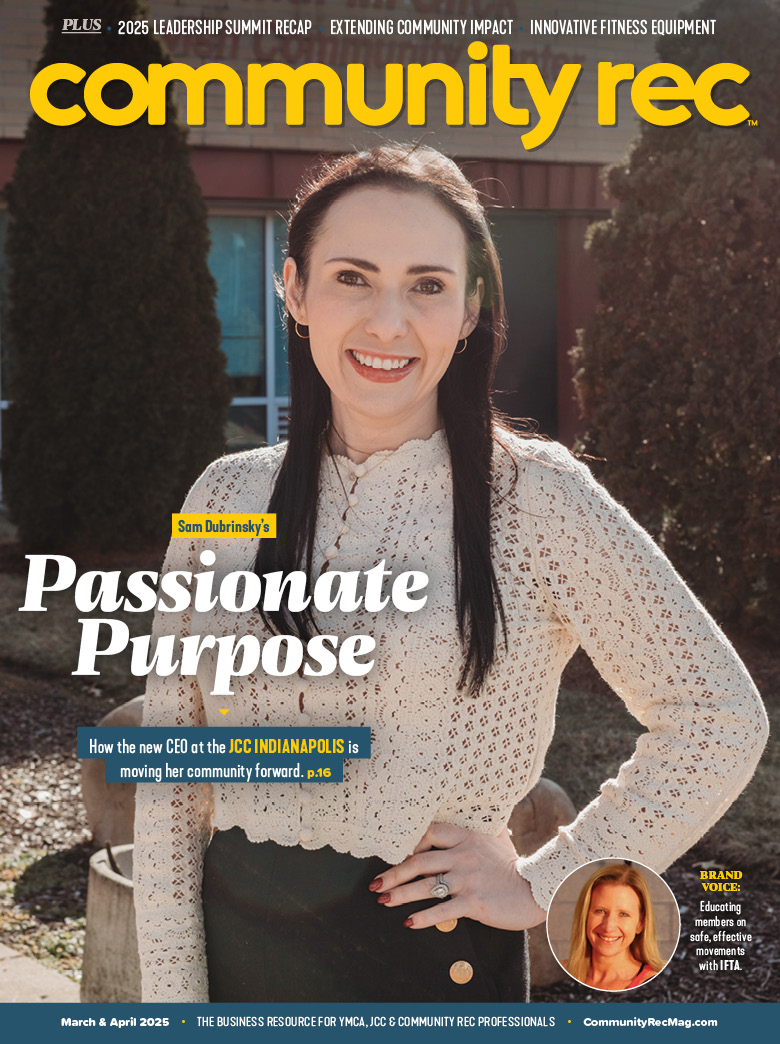The pandemic has brought about many changes, perhaps the most notable change being the ways we can’t interact with each other.
2020 was the year I stopped hugging.
Most people in my circle are happy about this. They didn’t love my double-armed mauling, often done without their spoken or written permission — I just went all in. I am ridiculously friendly.
Hugging was part of my gig. It was my way of saying, “Even though I don’t know you that well, I think you’re deserving of my embrace.” It’s how I instantly showed my acceptance of someone coming in or out of my home, my office or my less than six feet of personal space. I did it to put people at ease, let them know how nice I was, or determine if they were really wearing cashmere.
My daughter is thrilled with this ban. She is a middle school teacher and averse to hugs. Now, she has a good reason to banish hugs from her classroom and her life. It’s a matter of survival on all accounts. The air hug, she has also decided, is too lame to even attempt, so it too has been stricken from her repertoire. My lifelong friends haven’t yet come to this conclusion. When we do get beyond arm’s length during a greeting or a departure, we do the asinine air hug, and leave each other a bit sadder for the attempt. Embracing dead air doesn’t induce the same warm, fuzzy feeling as embracing a person. But, I have mostly released my grip on this desire.
The handshake is also now shelved. I attempted one the other day upon meeting a new colleague. I did really want to hug him, but I knew — or was reminded by the raised eyebrows of the vice president of human resources — that this was decidedly unnecessary. So I did the next best thing. I extended my hand in his direction. He backed away as if my fingers had teeth and actually said, “Oh, no!”
I immediately put my limp wrist up to my own masked face and smirked. The new normal, yet again.
I must concede there will never be another deal made by the handshake again. Nor will there be a shared “sign of peace” at Sunday Mass — assuming Sunday Mass with people close enough to touch will ever resume. But, without the handshake, how will we truly congratulate the father of the bride or determine if someone is right for the job because of the strength and conviction of his or her hand muscles?
It will be a challenge — for all of us.
What will not be a challenge, at least for me, is the expulsion of the high-five. I always hated this gesture and am honestly thrilled beyond words that I will never have to be coerced into slapping someone’s palm ever again. Not being an athlete, or really anyone who warranted this gesture for my extreme actions, I never quite got it.
But I digress, and I also worry. With the disarming of hugs, handshakes and high-fives, I predict the term “touchy feely” will soon be as bygone as “far out,” “right on” and “sock it to me.”
Yet we always have elbows — the greeting several of my in-laws and friends have adopted. They approach me with their bent wings, insisting on the tap of whatever body part connects. It’s awkward and it’s weird.
But I endure all the elbow taps because of my grandson, Henry. Before the year is over, I will finally get to meet him. He was born mid-COVID-19 in Los Angeles, 2,500 miles away from my front door. His parents are planning to pack up and venture to the Midwest, and allow him to meet his grandparents.
For this to happen, I cannot kiss, hug, high five, handshake or interact with anyone outside my husband, daughter and the co-workers with whom I pass in the hall before closing my office door each day. I will be a hermit by choice. The holidays will consist of our close-knit clan being six feet apart, and at the other end of a cell phone from the family and friends who don’t readily share our air. I won’t attend midnight Mass, the annual neighborhood Christmas party or the Black Friday blowouts that start the day before Thanksgiving.
Instead, I will clasp my own hands and thank God. Meeting Henry is worth these efforts.

Judi Christy
Judi Christy is the director of marketing and communication at the Akron Area YMCA.










